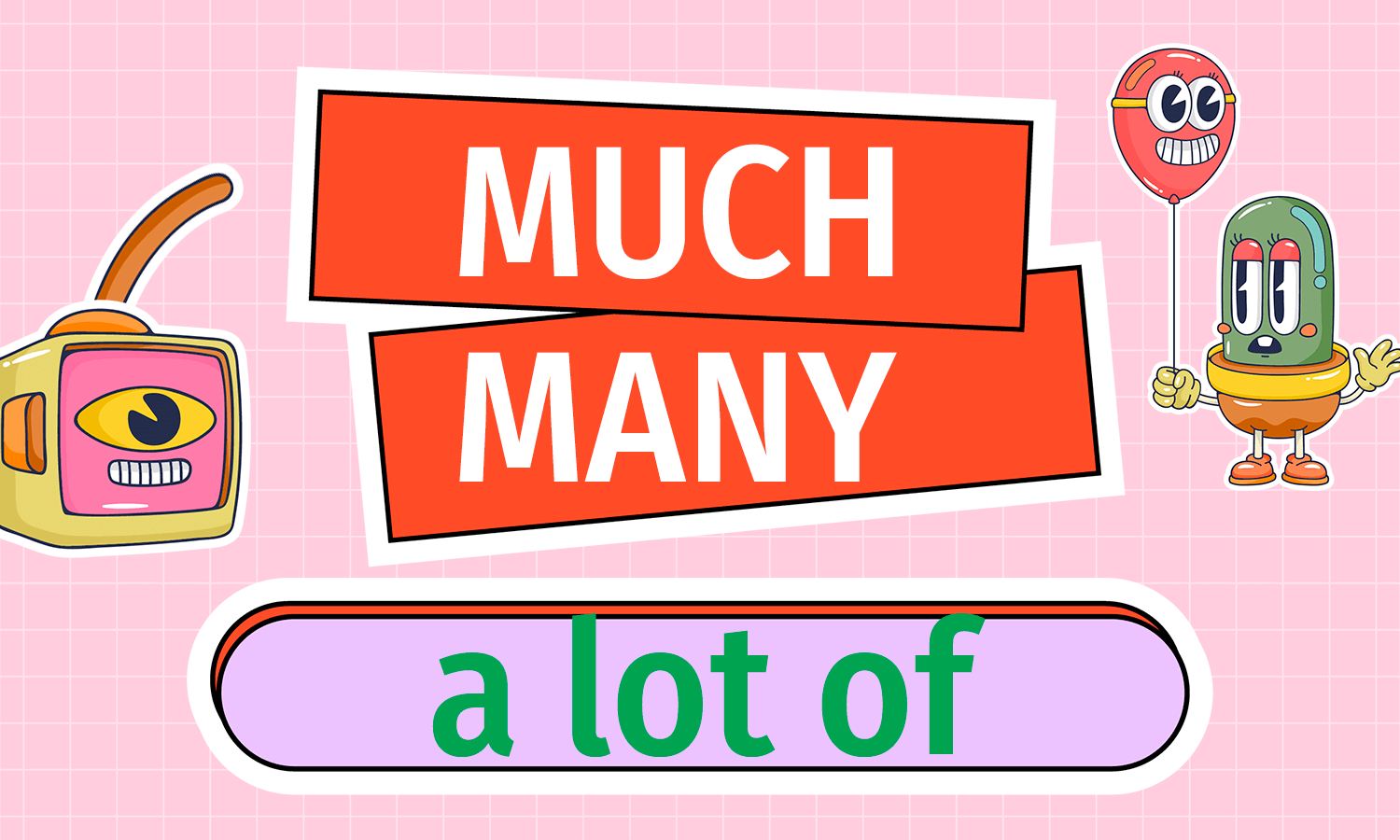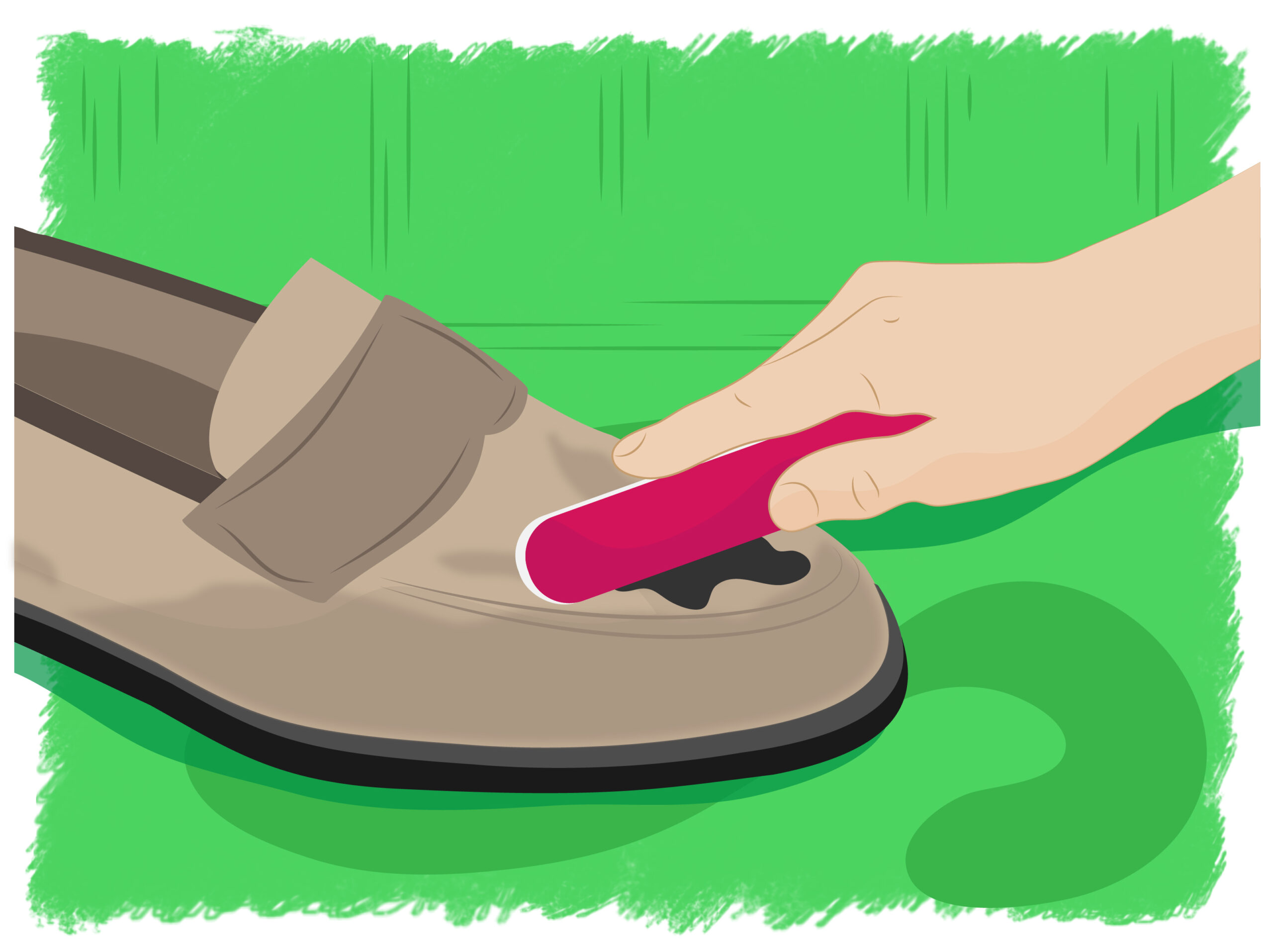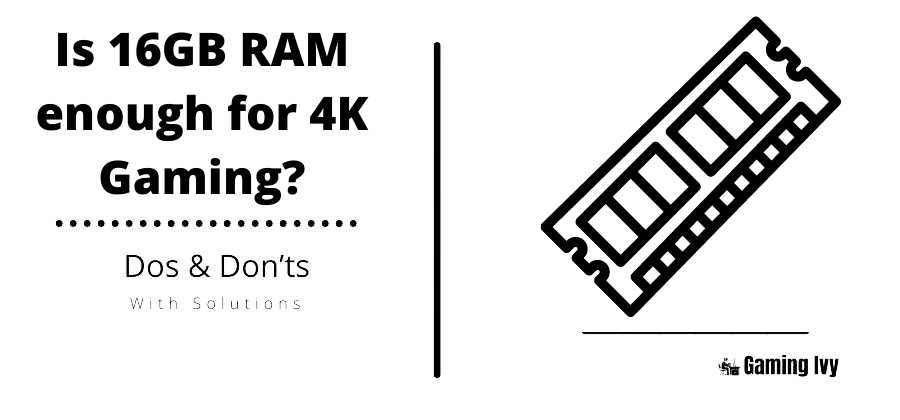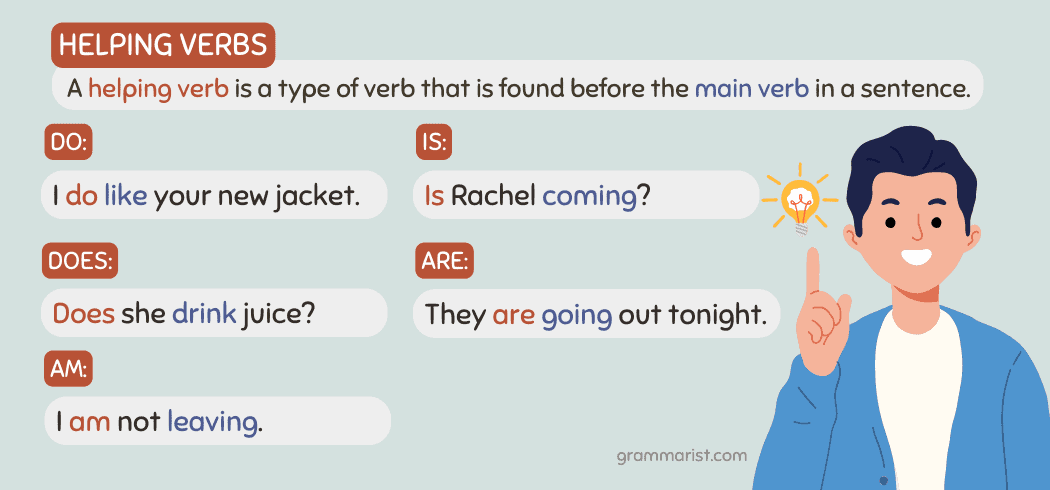Understanding the True Cost of Financing a New Car: Why You Pay More Than the Sticker Price
Introduction: The Sticker Price vs. Real Cost
When most buyers walk onto a dealership lot, their eyes are drawn to the sticker price displayed on the vehicle. However, if you choose to finance a new car, the amount you ultimately pay will exceed the sticker price . This is not only true, it’s the norm in automotive financing. The sticker price is just the starting point; numerous other factors determine the total cost of ownership and your final payout.
Why Financing Increases Your Total Cost
Financing a car means you are borrowing money to pay for it, and that borrowed amount accrues interest over the life of the loan. In addition to interest, other fees and charges apply, including sales tax, title and registration fees, documentation fees, and sometimes warranties or dealer add-ons. All these components add up and make the true cost of buying a car higher than the sticker price [1] , [2] , [3] , [5] .
Breaking Down the Components of Total Car Cost
Let’s examine each element that contributes to the true cost of financing a new car:
1. Principal Amount
This is the amount you borrow after subtracting your down payment and any trade-in value from the total cost of the car. For example, if the car costs $25,000, you put $5,000 down, and receive $3,000 for your trade-in, you finance $17,000 [1] .
2. Interest Charges
Interest is what you pay the lender for borrowing money. The rate depends on your credit score, loan term, and the lender itself. Even a small difference in interest rates can mean hundreds or thousands of dollars over the life of your loan. For example, borrowing $25,000 over five years at 4% results in $2,625 in interest; at 3%, it’s $1,953, a $672 difference [3] .
3. Taxes and Fees
Every new car sale includes sales tax , title and registration fees , and often a dealer documentation fee . These can add anywhere from a few hundred to several thousand dollars to your total outlay [2] , [5] .
4. Optional Add-ons and Warranties
Dealers may offer extended warranties, service plans, or after-market accessories, which, if financed, also accrue interest, further increasing the total cost [5] .
Step-by-Step Guidance: Calculating Your True Cost
To ensure you understand what you’re committing to, follow these steps:
- Determine the Vehicle’s Total Purchase Price: This includes the sticker price plus any taxes, registration, fees, and add-ons. Ask for a detailed price breakdown from the dealer.
- Subtract Down Payment and Trade-In Value: The resulting figure is your loan amount.
- Get Your Interest Rate and Loan Term: Shop around for competitive rates. Use online calculators from banks or credit unions to estimate your payments.
- Calculate Total Interest Paid: Multiply the monthly payment by the number of months in the loan term, then subtract the principal.
- Add Up All Fees and Optional Costs: Include everything financed or paid upfront.
Many financial institutions provide auto loan calculators online. For example, Navy Federal Credit Union and UT Financial Credit Union both offer tools to estimate your monthly payments and total costs [2] , [5] .
Real-World Example: Financing a $30,000 Car
Imagine you buy a new car with a sticker price of $30,000. After taxes and fees, the out-the-door price is $32,500. You put down $5,000 and trade in a car worth $2,500. Your financed amount is $25,000. At a 5% interest rate over 60 months, your monthly payment is about $472, and you’ll pay $3,317 in interest over the life of the loan. Add that to the $32,500, and your total cost is $35,817-not counting insurance, maintenance, or future repairs [3] , [1] .
Additional Factors: Total Cost of Ownership
The true cost of owning a vehicle goes beyond your monthly payment. Consider these long-term expenses:
- Depreciation: Cars lose value over time. Choose models with high resale value to minimize losses [4] .
- Insurance: New cars typically cost more to insure. Get quotes before buying.
- Maintenance and Repairs: Budget for regular service and unexpected costs.
- Fuel: Factor in fuel efficiency and expected usage.
Practical Steps to Manage and Reduce Your Costs
You can take steps to minimize the total amount you pay for your vehicle:
- Shop for the Best Interest Rate: Compare offers from banks, credit unions, and online lenders.
- Negotiate the Purchase Price: Dealers may be willing to lower the price or waive certain fees.
- Make a Larger Down Payment: This reduces the amount financed and total interest paid.
- Choose a Shorter Loan Term: While monthly payments are higher, you pay less interest overall.
- Avoid Unnecessary Add-ons: Only purchase warranties and extras that provide genuine value.
Accessing Services and Information
If you want to finance a car, start by:

Source: americanahighways.org
- Contacting your bank or credit union for pre-approval. This gives you leverage at the dealership and helps you understand your budget.
- Using official online auto loan calculators provided by reputable financial institutions to model different scenarios. For example, search “auto loan calculator” on your bank’s website or trusted sites like the Consumer Financial Protection Bureau.
- Reviewing all fees and costs in writing before signing any agreements. Ask the dealer for a full breakdown of taxes, fees, and add-ons.
- If you need help, consult with a certified financial advisor or seek guidance from nonprofit consumer advocacy groups.
Common Challenges and Solutions
Buyers often underestimate total costs due to hidden fees or misunderstandings about interest rates. To avoid surprises:

Source: bible.com
- Read all paperwork carefully and ask questions about anything unclear.
- Compare offers from multiple lenders.
- Don’t focus solely on the monthly payment; consider the total cost over the loan’s life.
Alternatives to Traditional Financing
Consider these approaches if you want to reduce costs:
- Lease a vehicle instead of buying, though this has its own set of costs and limitations.
- Buy a certified pre-owned car, which may offer better value and lower depreciation.
- Save for a larger down payment to minimize financing needs.
- Consider 0% financing offers from manufacturers, available to highly qualified buyers.
Key Takeaways
Financing a new car will always cost more than the sticker price due to interest, taxes, fees, and optional add-ons. By educating yourself about each factor, shopping for the best rates, and understanding the total cost of ownership, you can make more informed decisions and avoid financial surprises.
References
- NJ Federal Credit Union (2024). How to Calculate the True Cost of Your Auto Loan.
- Navy Federal Credit Union (2023). 5 Factors Affecting Your Monthly Car Loan Payment.
- Northwestern Mutual (2025). How Much a Car Really Costs (Beyond the Sticker Price).
- Sunflower Bank (2024). Buying a Car? Ignore the Sticker Price and Calculate the Total Cost of Ownership.
- UT Financial Credit Union (2024). Calculate an Auto Loan Payment.
MORE FROM savvysc.com













